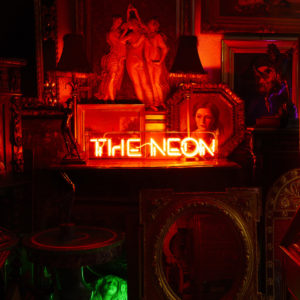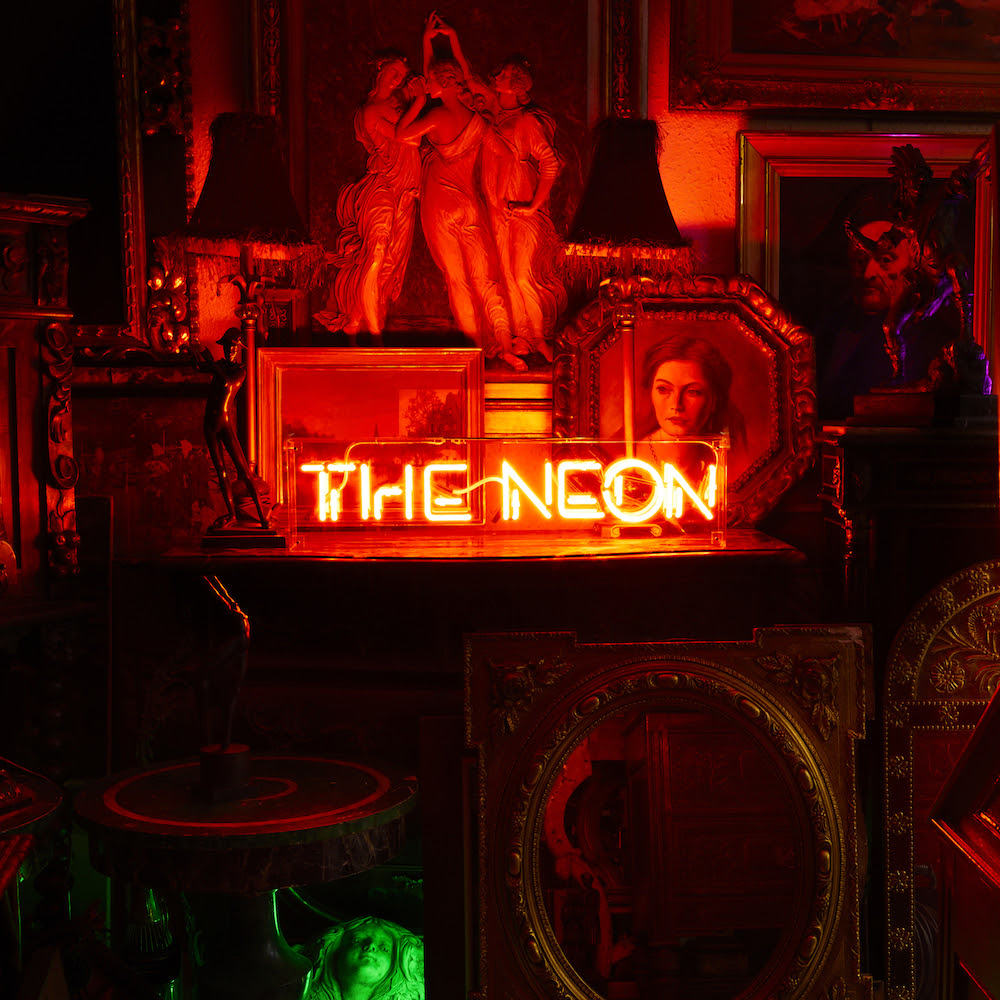Erasure
The Neon
MUTE
6/10
That Vince Clarke went through vocalists such as Dave Gahan (when starting Depeche Mode) and Alison Moyet (of Yazoo—or Yaz, depending on where you live) before winding up at Andy Bell, with whom he’s shared the longest musical partnership, says as much about Clarke’s resting face as it does the enduring aesthetic qualities of Erasure and its bracing theatrical singer.
Together since post-New Romantic London circa 1985 and the hi-NRG synth pop hit, “Who Needs Love Like That,” the duo that is Erasure has forever stood for dramatic disco with two capital D’s, as well as its dedicated, steadfast, and totemic relationship with the LGBTQ community.
Unafraid of angst or disdain, Bell—as lyricist and vocalist—can have a sneering yet cheery tone to his operatic verbal mannerisms even when Clarke’s giddy electronic wall of sound was at its bleakest. Which wasn’t often. Most of the time, Erasure was the clanging belle of the glitziest disco ball, with real love—rather than just sex—on its mind.
That said, listeners had to take a step back when the 2017 Erasure record World Be Gone chimed its doomsday tones and shook its sad fists at the mess that was the moment’s political landscape. Erasure’s commentary on the world around them had worn its personal politics on its sleeves before World Be Gone, but was usually covered in bangles and cufflinks. Being out (politically) in the open with slower studied paces and spare arrangements made them sound too obviously scared and disgusted.
The Neon, gloriously bathed in ticklish analog synths and backed by meaty rhythms, does what it’s supposed to do, painting something of a re-birth for the boys in the band—all noir-ish nightclubbing lights, smoke, and deca-dance muzak. That’s certainly true of the fanning, fawning “Diamond Lies,” the ritzy “Nerves of Steel”—both of which return Clarke and Bell to the good-time tones of yore—and the torchy ballad “New Horizons,” which takes into consideration growing old with one you love.
The problem, however, on some of The Neon, is that its touching older-and-wiser maturity doesn’t always jive with the wonton ways of its flaming musicality, from closing The Neon with the shame-driven “Kid You’re Not Alone” to opening it with the youthful regret (or warning) of “Hey Now (Think I Got the Feeling).” Being the old man in the club, to paraphrase Chris Rock, has never sounded like a more maudlin proposition than this. Still, The Neon exists, mostly—thankfully—as a glittering prize on a steamy night where romanticism is the best answer we can find to the question, “Who needs love like that?”







